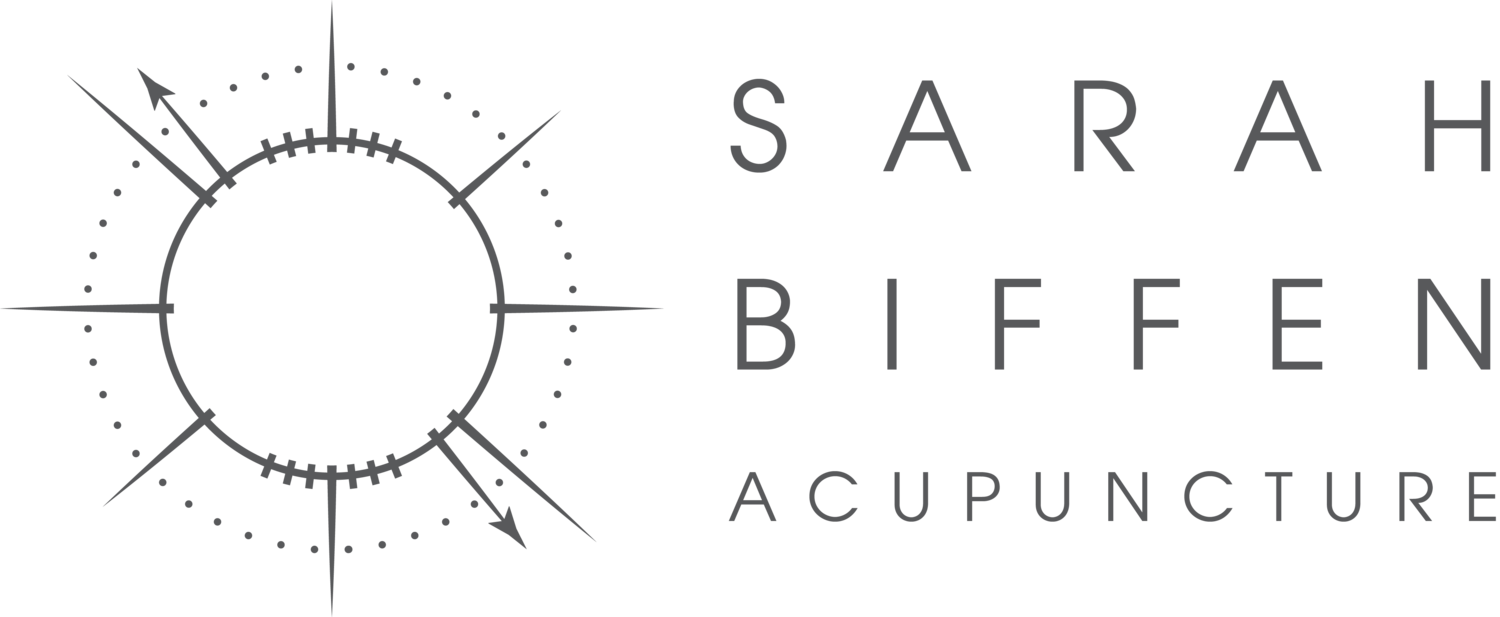PMDD and Women's Mental Health
HAVE SEVERE PMS? IT MAY ACTUALLY BE PMDD.
At my Acupuncture practice in New York I frequently treat an oft-overlooked mood disturbance suffered by thousands of women: Premenstrual Dysphoric Disorder (PMDD). And as part of Mental Health Awareness Month, I wanted to examine and bring awareness to the condition and its drastic effects on mental health.
While it’s estimated that as many as 90% of women experience PMS, it’s believed that up to 10% of women experience PMDD. A severe form of the condition that includes both the physical symptoms of PMS with debilitating mood fluctuations.
SYMPTOMS OF PMDD CAN INCLUDE…
Anger or irritability
Depression, Sadness, or Weepiness
Insomnia
Lack of interest in activities that are typically enjoyed
PLUS COMMON PMS SYMPTOMS LIKE:
Breast tenderness
Cravings or Increase Appetite
Fatigue
Cramping
Constipation or Diarrhea
Acne
No fun for anyone. In fact, these symptoms can often be debilitating and interfere with quality of life. In Western medical understanding the causes of PMDD are unknown. Researchers believe it could be an abnormal reaction to the hormones estrogen and progesterone which naturally fluctuate during the menstrual cycle, thereby causing serotonin deficiency.
In TCM (Traditional Chinese Medicine), symptoms related to PMS and/or PMDD are many times seen as a Liver dysfunction, including a disharmony of its innate functions in moving, discharging and storing blood. Depending on the person, the Spleen organ may also be involved, which plays a crucial role in blood production and should be working in tandem with the Liver to ensure its easy production and flow.
Fortunately there’s an increasing amount of clinical evidence to suggest that Chinese Medicine, including Acupuncture and Herbal Medicine, can help to mitigate the symptoms of PMDD. A course corrective approach is taken to encourage hormonal balance and mood stability throughout the menstrual cycle.
In conjunction with Acupuncture treatment, your practitioner may recommend supplements, herbal medicine, or dietary therapy to Soothe the Liver, and encourage the easy flow of Qi and Blood throughout the body.
Every person, and their causative factors, are unique and symptoms manifest in various ways. It’s important to speak with a licensed practitioner before treatment with diet, supplements, or herbal therapy. At my offices in Noho and Williamsburg, Brooklyn, PMS and PMDD are one of the most common women’s health conditions that I treat, at times coinciding with other debilitating-yet-overlooked conditions such as Endometriosis.
If you’d like to know more about how Acupuncture and Chinese Medicine help with cycle regulation, don’t hesitate to reach out or book some time to come in for treatment.
